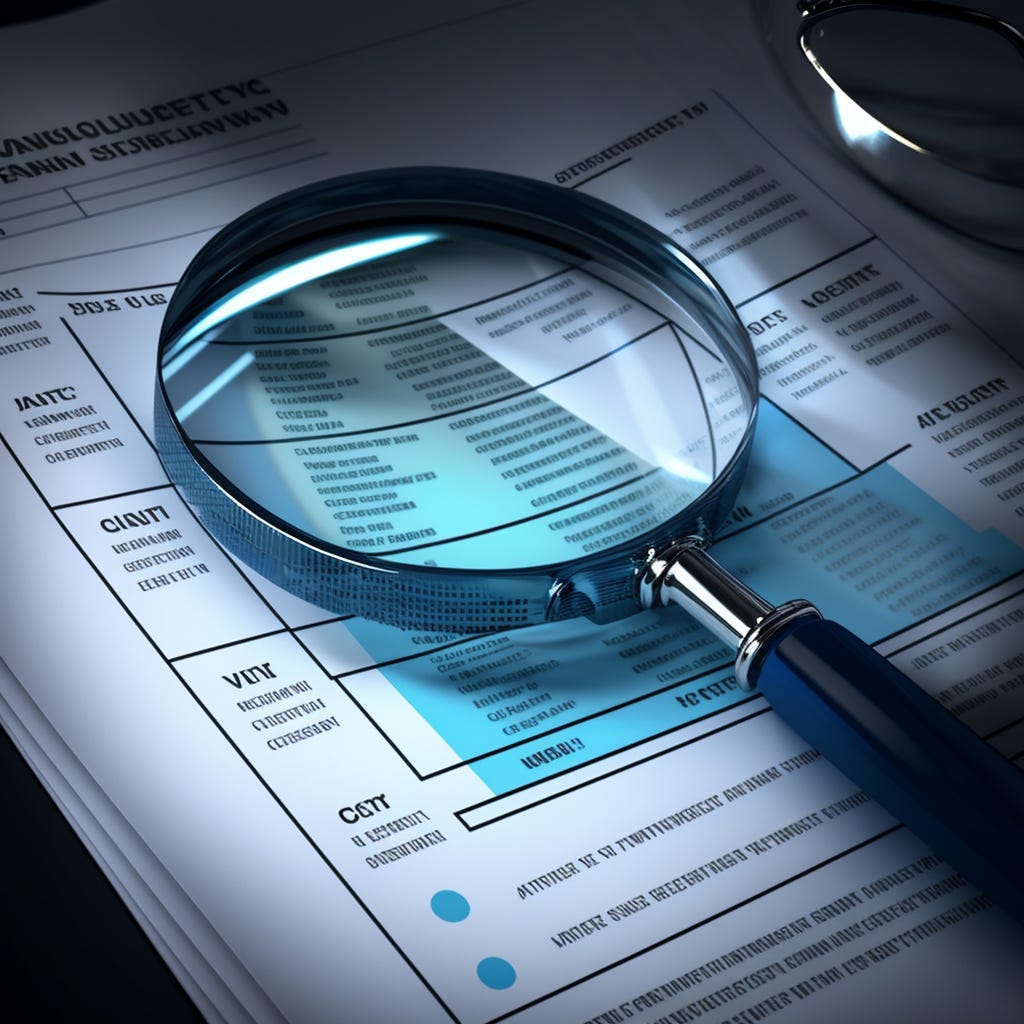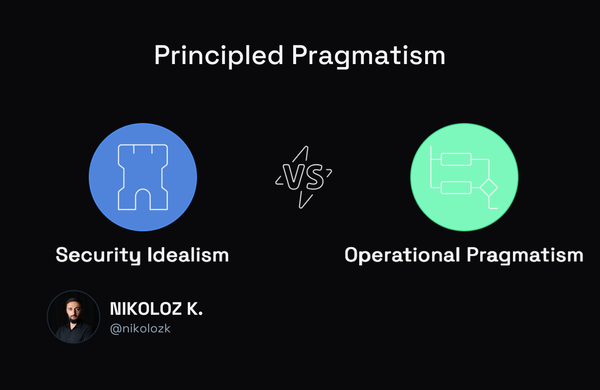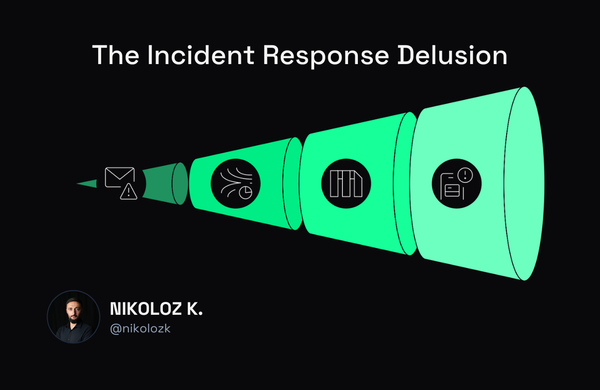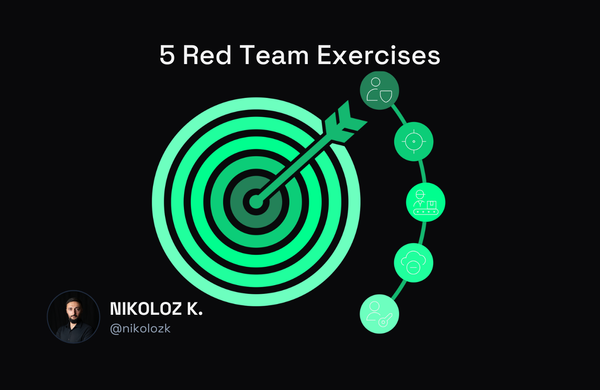Security Requirements for Assessing Vendors

Nikoloz Kokhreidze
Learn how Vendor Security Assessment safeguards your organization. Explore key security requirements like data protection, compliance, and SOC2 certification.

The risk of cyberattacks, data theft, and other malicious activities is rising daily. Organizations must take the necessary steps to protect their assets, customers, and data from potential threats. To achieve this, it is important to ensure that any vendor you work with has adequate security measures. It is becoming increasingly important for organizations to have a structured approach to assessing vendors.
What is Vendor Security Assessment?
The Vendor Security Assessment (VSA) is the process of evaluating the security measures and practices of vendors whom an organization does business with. This assessment is part of the organization's Vendor Security Assessment Strategy and is typically carried out to ensure that vendors meet the organization's security requirements. VSA also helps mitigate potential risks associated with using vendor's products or services.
This process involves reviewing a vendor's security policies and procedures, evaluating the security of their physical facilities, assessing their network security measures, and conducting a risk assessment of the vendor's business operations. The evaluation may also include on-site visits and interviews with vendor staff to verify the information provided.
Vendor Security Assessment (VSA) results, together with your organization's risk appetite, can be used to determine whether or not to do business with a particular vendor and to identify areas where they need to improve security measures.
What are the Key Security Requirements for Assessing Vendors?
When assessing vendors from a security perspective, there are several key security requirements that organizations should consider. These include:
Data Security: Ensuring that the vendor has adequate measures in place to protect any data they store, transmit or process, as well as any data that they share with third parties.
System Security: Ensuring that the vendor has robust measures to protect their systems from potential threats. This includes malware protection, alerting, hardening, and firewall configuration.
Network Security: Vendors should also have strong network security measures to protect against cyber threats like DDoS attacks, data exfiltration, IoC communications, malware, and more. This includes firewalls, intrusion detection systems, and other security controls.
Physical Security: It is also important to assess the physical security measures that vendors have in place. This includes evaluating the security of their physical facilities, as well as the security of their data centers and servers.
Access Control: This includes ensuring that the vendor has adequate measures to control who has access to their systems and data as well as the permissions they are provided. This includes measures such as authentication and authorization.
Compliance: Ensuring that the vendor is compliant with any relevant regulations and standards, such as GDPR. Although in some organizations, this control might fall under Compliance, Risk or Legal teams.
Security Policies and Procedures: It is important to ensure that vendors have clear and comprehensive security policies and procedures, including guidelines for handling sensitive information and responding to security breaches.
Incident Response: This includes ensuring that the vendor has a robust incident response plan in place to quickly and effectively respond to any potential security incidents. Vendor must have clearly defined Incident Response SLAs. Incident Response should also cover Security Operations team, their capabilities and responsibilities.
Vendor Risk Management: Vendors must have a risk management program to assess and mitigate potential risks associated with their vendors.
Security Testing: This includes assessing the vendor's security testing process to ensure that it is comprehensive and effective. Always request and evaluate the latest penetration test reports conducted by trusted third parties, covering vendor's applications, systems, network and infrastructure.
SOC2 Certification: Organizations should also consider whether the vendor has achieved SOC2 certification. SOC2 is an auditing standard developed by the American Institute of Certified Public Accountants (AICPA). It is designed to assess the security, availability, processing integrity, confidentiality, and privacy of a vendor's systems and data.
Vendor Criticality: Organizations should take into account the criticality of the vendor they are assessing. This includes evaluating a security breach's impact on the organization.
Conclusion
Organizations need to ensure that any vendors they work with have adequate security measures in place and are able to respond to any security breaches quickly. This includes evaluating the security measures they have in place to ensure the safety of their data and systems, as well as how they respond to potential threats. It is also important to consider whether the vendor has achieved SOC2 certification and the criticality of the vendor. By following these key security requirements for assessing vendors, organizations can ensure that they work with secure and reliable vendors.The Mandos Way is a reader-supported publication. To receive new posts and support my work, consider becoming a free or paid subscriber.



